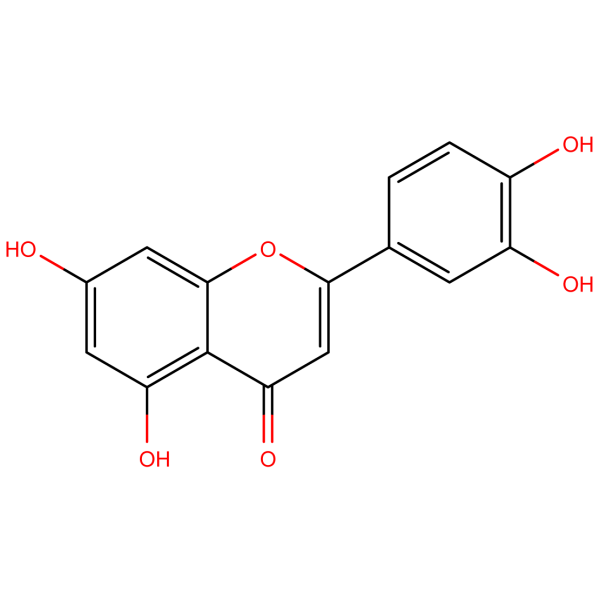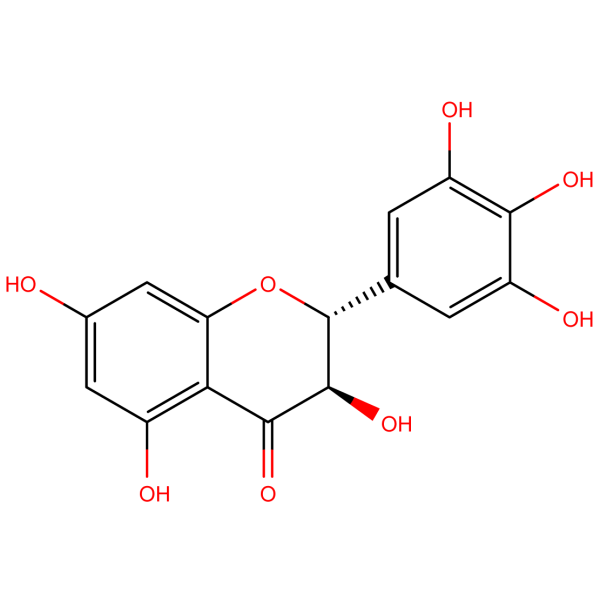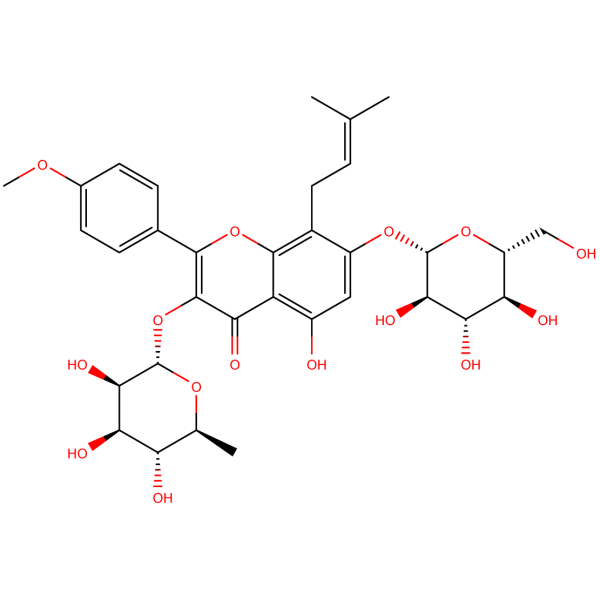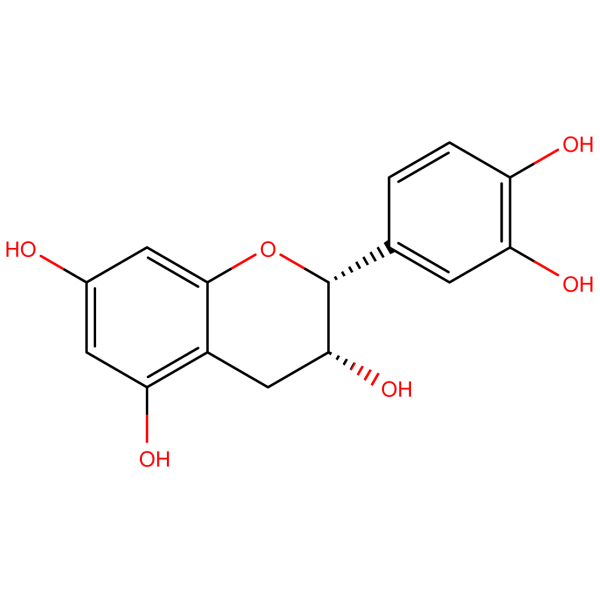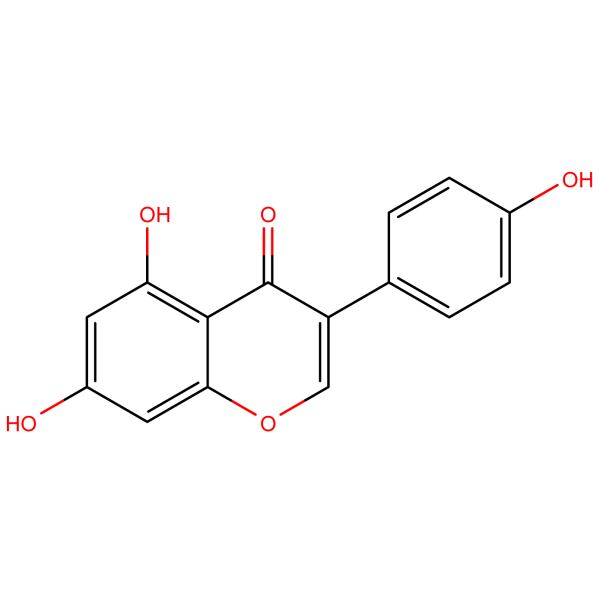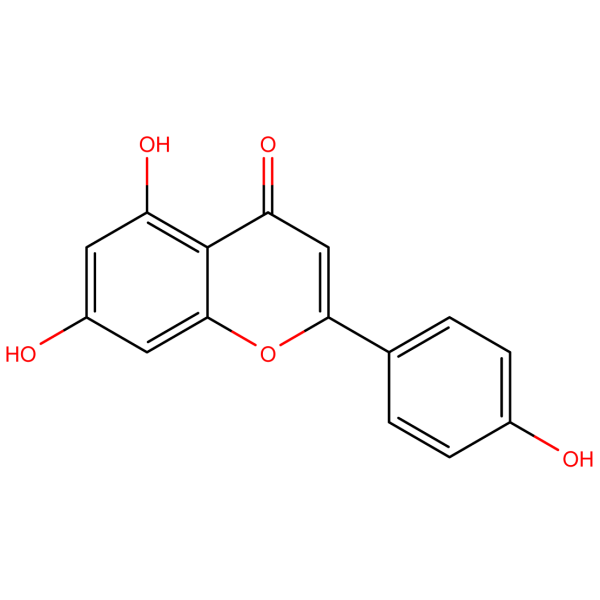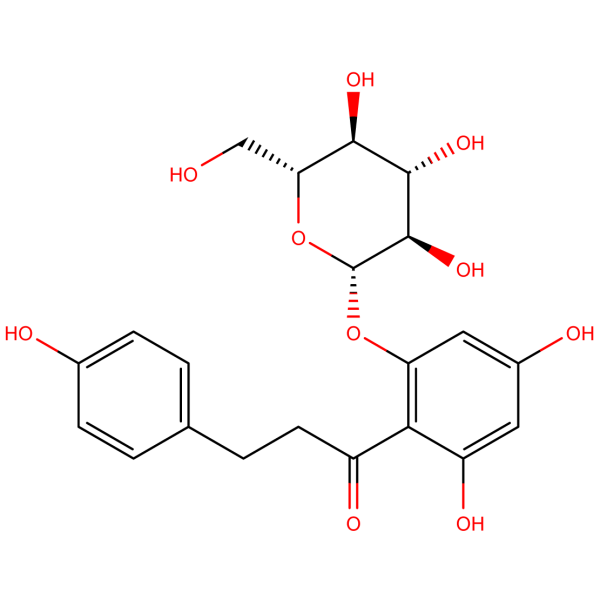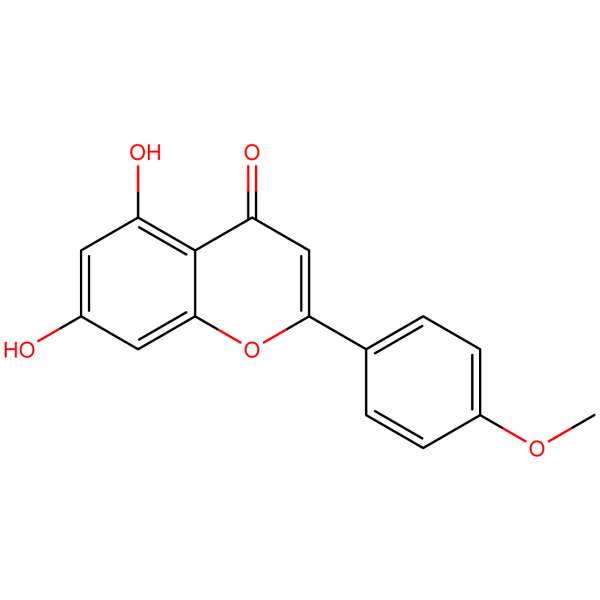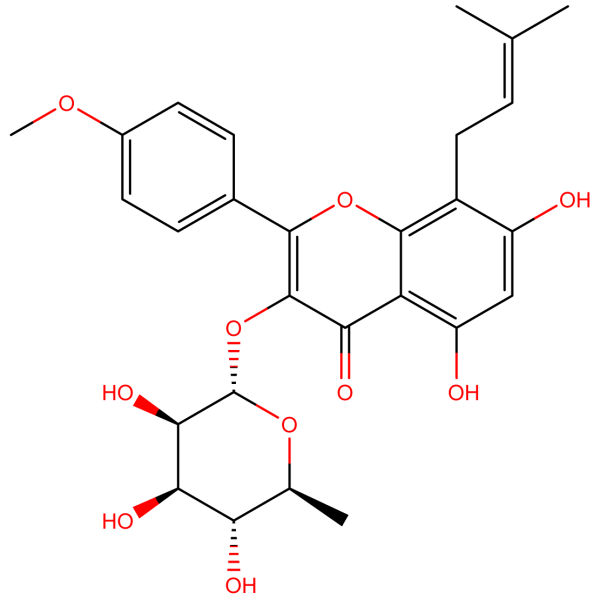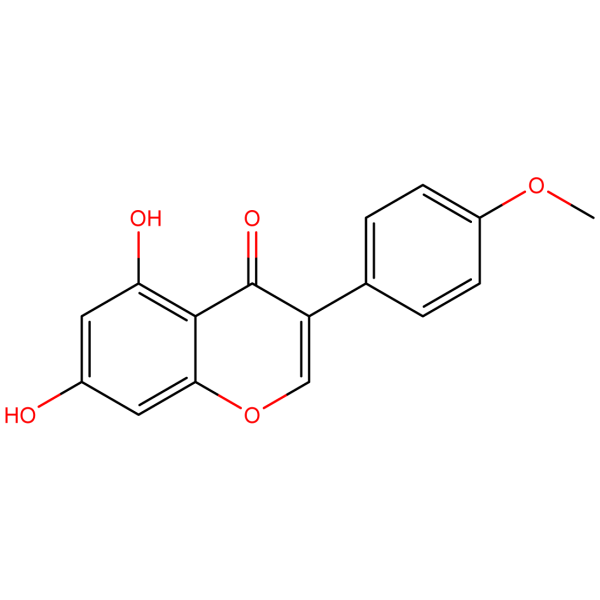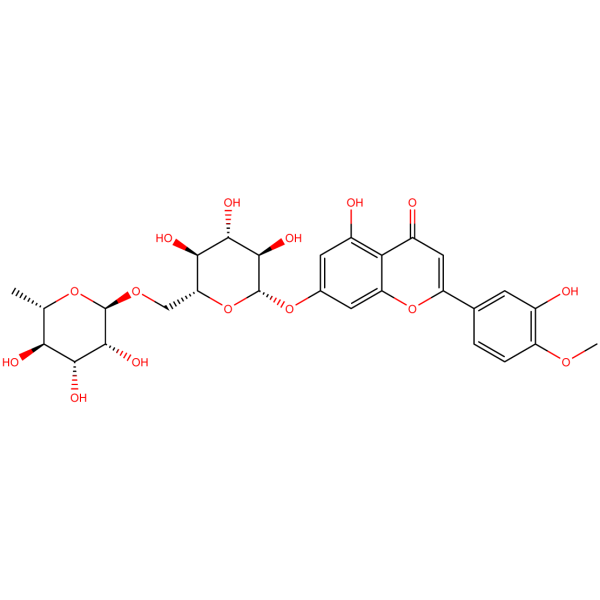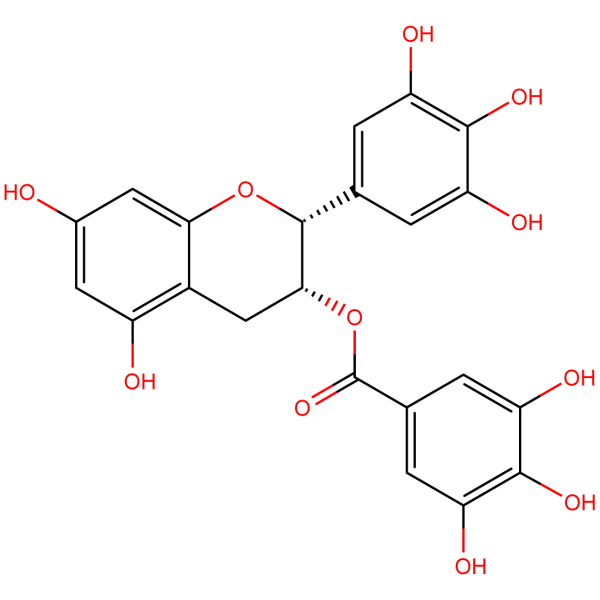Flavonoids
What are Flavonoids?
Flavonoids are a class of polyphenol derived from plants. Scientists have currently identified up to 10,000 different chemical compounds (derivatives of flavones, isoflavones and more) that can be classified under this term.
Flavonoids benefits play an important role in the plant kingdom:
- Giving plants their typical colors
- Promoting flower pigmentation to attract pollinating animals
- Offering UV protection
- Acting as signaling molecules in cells and between individual plants
Some of these roles and positive effects give hints as to why flavonoids should be an important part of our daily diets. Flavonoids are considered useful as antioxidants, anti-inflammation additives and have even shown promise in anticancer, antiviral and antibacterial applications.
Flavonoids meaning as antioxidants
Due to their phenolic structure, flavonoids first and foremost have been considered useful as antioxidant additives. Polyphenolic compounds have an ability to form stable and safe radicals, so they are considered to be excellent scavengers for reactive oxygen species and similar reactive molecules that can damage our bodies.
Bioflavonoids have proven to be effective at protecting the peroxidation of functional molecules in our body — in the same way that healthy lipids can prevent atherosclerosis and other cardiovascular diseases.
Flavonoids are able to absorb UV irradiation to protect our skin and cell DNA from unwanted mutations. They are also effective signaling molecules, and have shown promise at boosting our body’s natural antioxidative mechanisms, as well as activating several types of enzyme classes.
Antioxidant properties reduce inflammation
Antioxidants are known to improve inflammation markers. In many cases, inflammation is caused by reactive oxygen and nitrogen species, so counteracting them can significantly improve this condition.
Some research even suggests that flavonoids can have similar effects to other non-steroidal anti-inflammatory drugs. Flavonoids are also able to reduce the activity of cyclooxygenase enzymes, reducing pain and improving overall wellness.
Improvements in cardiovascular health
As we have mentioned, flavonoids are able to protect the molecules that we need for a healthy existence. In many cases, peroxidation of molecules in our blood system, low-density lipoproteins and cholesterol can cause sedimentation, resulting in blockages.
The overall risk of atherosclerosis can also be reduced by relieving inflammation. Where there is inflammation, there is a high risk of reactive oxygen species doing their damage. Higher amounts of flavonoids can reduce these kinds of risks.
In some cases, flavonoids are able to improve the conditions of various cardiovascular failures and give a protective effect.
Anti-cancer effect of flavonoids
The scientific community has also explored the possibilities of flavonoids as anti-cancer agents. Various cellular pathways have been identified as areas where flavonoids could help the treatment of cancer:
- induction of apoptosis
- inhibition of new cell proliferation and maturation
- inducing oxidative processes, causing cells to die
Anti-oxidative and anti-inflammatory effects can greatly improve the condition of chemo and radiotherapy interventions, adding another important benefit to the role of flavonoids in cancer treatments.
Flavonoids in our diet
As we mentioned, scientists have discovered an enormous variety of different flavonoid compounds. Foods high in flavonoids are as diverse as berries and fruits (blackberries, cranberries, grapefruit, apples) to seeds and beverages (green and black teas, wine). There are many sources of flavonoids in a wide variety of foods, but for your convenience, we have prepared a selection of our own flavonoids for you to buy.
See our store for more details…


